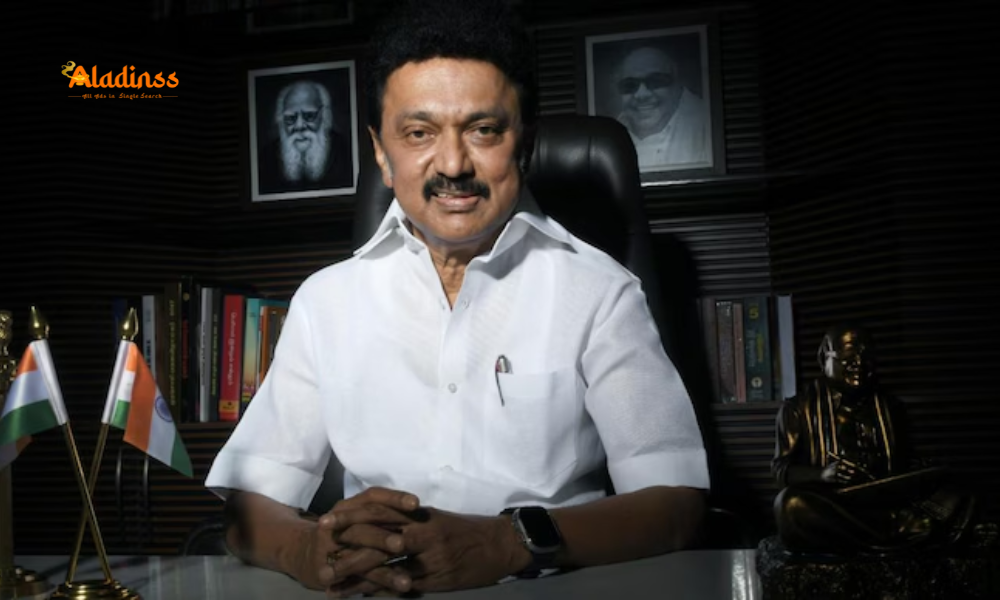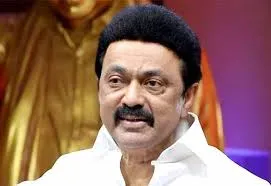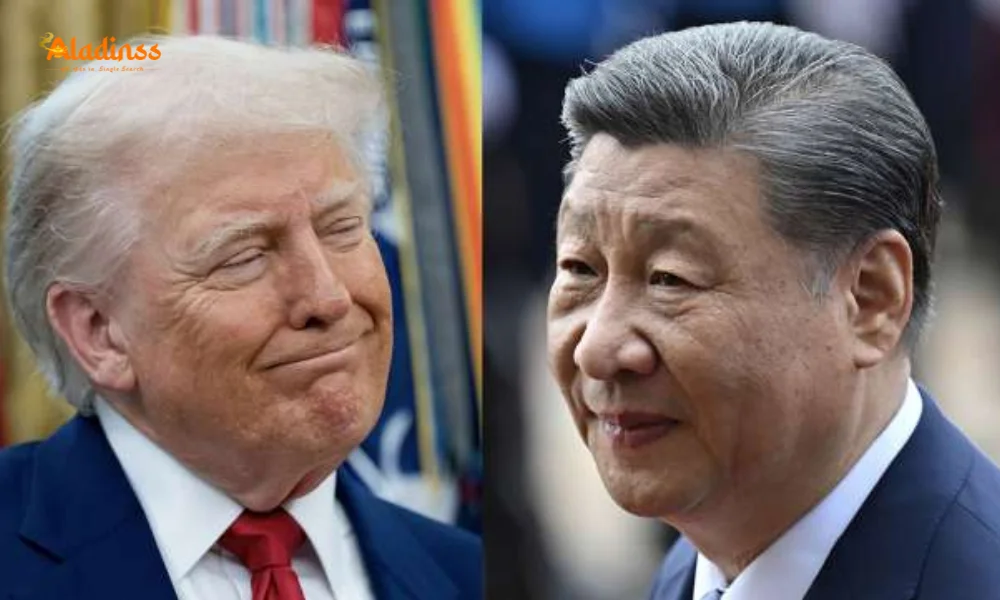MK Stalin to Announce Tamil Nadu State Education Policy Tomorrow

MK Stalin To Unveil Tamil Nadu's Own State Education Policy Tomorrow

In a landmark move reinforcing Tamil Nadu’s independent stance in the education sector, Chief Minister MK Stalin is set to unveil the much-awaited State Education Policy (SEP) on Friday. This comes as a direct alternative to the National Education Policy (NEP), which has faced consistent opposition from the state government. The announcement has generated significant attention, with experts and students eagerly awaiting the official release, considering the state’s strong resistance to centralized education reforms.
Tamil Nadu’s Opposition to the National Education Policy
Tamil Nadu has been one of the most vocal critics of the NEP, particularly its three-language formula, centralized entrance exams, and early standardized testing. The ruling DMK government has repeatedly termed the NEP as “regressive,” “anti-social justice,” and a pathway to Hindi imposition. Leaders have argued that the centralized nature of the policy undermines federalism and curtails the constitutional rights of states to shape their own educational frameworks.
What the State Education Policy (SEP) Promises
The SEP has been drafted by a committee led by retired High Court judge Justice D. Murugesan. According to informed sources, the policy emphasizes science education, artificial intelligence (AI), technology-driven learning, and English language proficiency. A key feature is its focus on inclusivity and accessibility, ensuring that quality education reaches all students regardless of socio-economic background.
One of the most significant proposals is the recommendation that undergraduate admissions should be based on consolidated marks from Classes XI and XII, effectively rejecting the NEP’s push for national-level entrance examinations for arts and science colleges. This measure is expected to reduce stress among students and prevent marginalised communities from being sidelined due to high-stakes tests.
Financial and Political Backdrop
The release of the SEP comes amid a funding conflict between the Centre and Tamil Nadu. The Union government has withheld ₹2,152 crore under the Samagra Shiksha Abhiyan, citing the state’s refusal to align with the NEP. Tamil Nadu has accused the Centre of coercion, claiming that such measures punish states for exercising autonomy in a subject that constitutionally falls under the concurrent list. This political backdrop adds weight to the SEP launch, as it underlines the state’s determination to assert its educational independence.
Key Differences Between NEP and SEP
On Language Policy
The NEP’s three-language policy has been rejected by Tamil Nadu, which continues to advocate the two-language formula. The SEP is expected to reaffirm this stance, giving importance to Tamil and English, while offering flexibility for students to study additional languages voluntarily.
On Entrance Exams
Unlike the NEP which pushes for standardized national entrance exams, Tamil Nadu’s SEP supports merit-based admissions using school performance. This move is positioned as a safeguard against inequality and dropout rates, especially among students from rural and underprivileged communities.
On Early Standardized Testing
The state has opposed NEP’s plan to conduct standardized public exams for Classes 3, 5, and 8. The SEP is expected to discard this practice, maintaining the state’s current system which focuses on continuous and comprehensive evaluation instead of high-pressure early exams.
Tamil Nadu’s Legacy in Education
Tamil Nadu has consistently ranked among the top states in India for both school and higher education. Several institutions from the state are listed in the top 25 and top 100 rankings nationwide. The SEP is likely to reinforce this leadership by promoting a decentralized, inclusive, and socially just education model that reflects Tamil Nadu’s long-standing emphasis on equity, access, and linguistic diversity.
Comment / Reply From
No comments yet. Be the first to comment!











